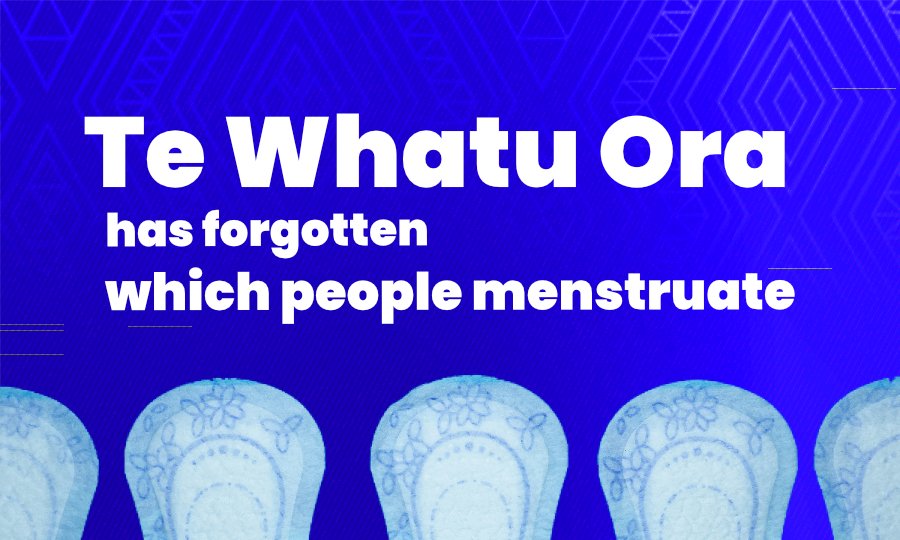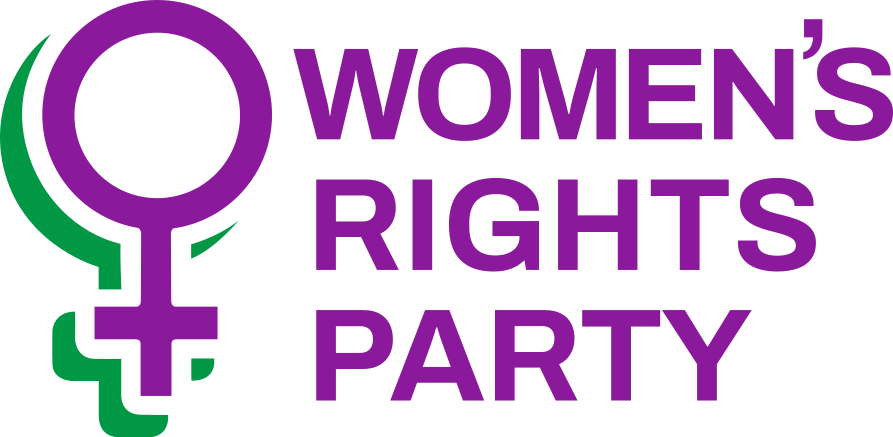
“Having a period is not a feminine thing, and people of all genders menstruate, including non-binary people, agender people and even plenty of men”, or so says Health NZ | Te Whatu Ora in its new draft ‘gender diversity’ policy.
The policy goes on to state that: “For some trans and gender diverse people, getting their period is a normal and okay part of being in their body, and for others it’s [an] uncomfortable and even an actively distressing experience.”
The policy’s definition of ‘menstruation’ has been lifted word for word from the Australian Transhub site, which describes itself as a “resource platform for all trans and gender diverse (TGD) people in NSW, our loved ones, allies and health providers”.
Women’s Rights Party Co-leader Jill Ovens says it is true that having a period and going through menopause is a part of many people’s lives if you include women who make up 51% of the population.
“But this inconvenient fact seems to have escaped Health NZ as nowhere in the draft policy a women mentioned. This is concerning as Health NZ became the country’s largest single employer of women when the organisation replaced 20 DHBs in July 2022,”
More than 250,000 women work in the health sector as doctors and dentists, nurses and midwives, allied staff, clerical staff, cleaners and food services workers, with many directly employed by Health NZ.
The definitions could be considered curious coming from New Zealand’s leading health provider, but the draft policy has more serious issues in completely ignoring the rights of its women employees.
The draft Policy states that Health NZ “provides safe and accessible binary and all-gender bathrooms and recognises that people considering or experiencing gender affirmation can choose the bathroom most appropriate for them”.
Ms Ovens says the policy doesn’t mention changing facilities, but it would be interesting to test the policy if, as in the case of a group of UK nurses, some Health NZ employees wanted to challenge the presence of a man presenting as a woman in their changing facilities.
After the UK nurses formally complained that a male nurse accessing the nurses’ changing room was watching them getting undressed as they changed into their uniforms, the women were told by HR that they needed to ‘be more inclusive’, ‘broaden their mindset’ and ‘be educated and attend training’.
Ms Ovens says this is exactly the attitude embodied in the Health NZ draft policy which requires ALL employees to comply with the policy themselves and to let their ‘people leader’ know if they see actions or behaviours by their colleagues that don’t comply.
Employees are required to “Support and engage in organisational initiatives and opportunities that improve people’s understanding of diversity, and how we can be more inclusive.”
The draft policy was released last week [24 July] and is currently out for consultation with health sector unions. It has drawn on policies developed by previous DHBs.
